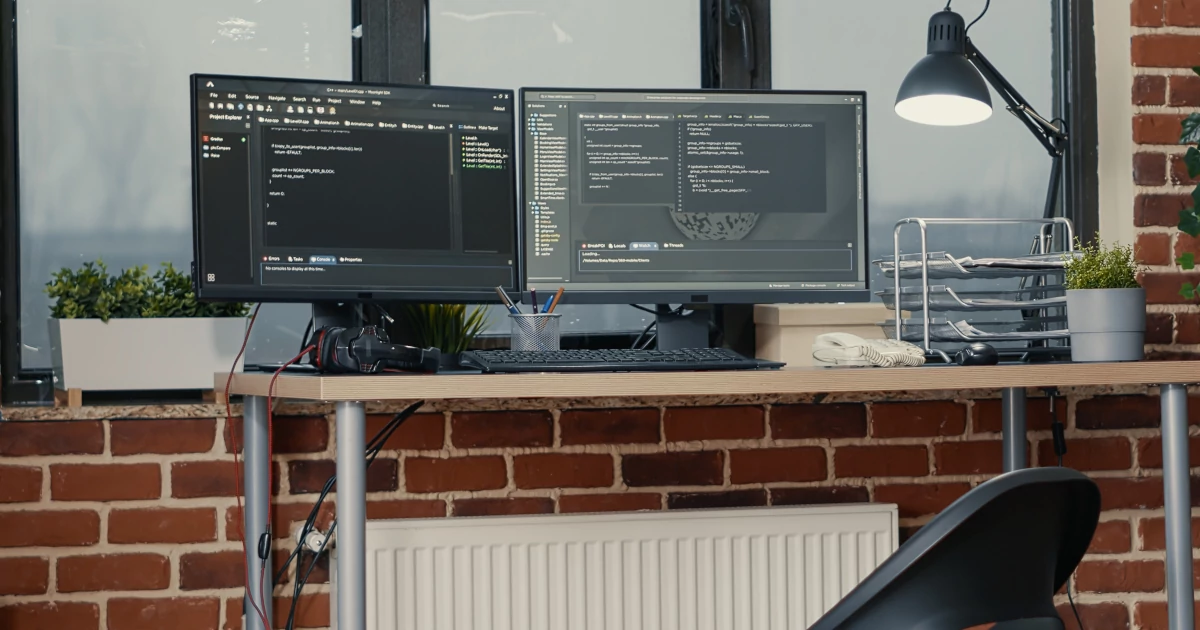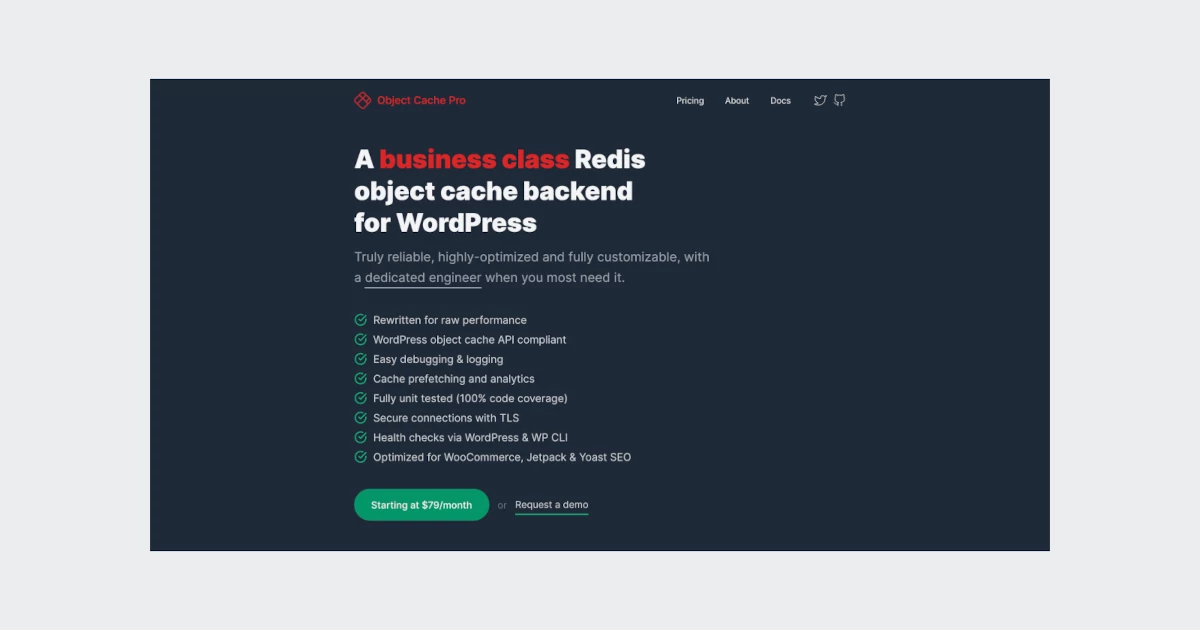
In today’s digital landscape, a fast and efficient website is crucial for attracting and retaining visitors. When it comes to WordPress websites performance optimizations is a top priority. By implementing various techniques and best practices, you can significantly enhance your WordPress website’s speed and efficiency. In this article, we will explore several optimization strategies for both the WordPress website itself and the server it runs on. Let’s dive in!
Choose a Reliable Hosting Provider
Selecting a reputable hosting provider is the first step towards optimizing your WordPress website’s performance. Look for a provider that specializes in WordPress hosting, offers high uptime, ample server resources, and employs caching mechanisms. Managed WordPress hosting can be a great option as it ensures server configurations are optimized specifically for WordPress websites.
Employ Caching Mechanisms
Caching is a technique that stores static versions of your website’s pages, reducing the server load and improving response times. Implement a caching plugin like WP Super Cache or W3 Total Cache, which generate static HTML files to be served to visitors, reducing the processing time required to generate pages dynamically.
Optimize Images
Large image file sizes can significantly slow down your website. Optimize images by compressing them without compromising quality. Tools like Smush or EWWW Image Optimizer can help automate this process. Additionally, consider using lazy loading techniques to load images only when they come into view, further improving website speed.
Minify CSS and JavaScript Files
Minifying CSS and JavaScript files involves removing unnecessary characters, spaces, and line breaks. This reduces file sizes, leading to faster loading times. Plugins such as Autoptimize or WP Rocket can handle this optimization automatically, combining and compressing files for optimal performance.
Use a Content Delivery Network (CDN)
A CDN is a geographically distributed network of servers that deliver cached static content to users based on their location. By utilizing a CDN, you can reduce the distance between your website’s server and visitors, resulting in faster loading times. Popular CDN services include Cloudflare, MaxCDN, and Amazon CloudFront.
Regularly Update WordPress, Themes, and Plugins
Keeping your WordPress core, themes, and plugins up to date is crucial for maintaining optimal performance. Developers often release updates to address security vulnerabilities, fix bugs, and improve performance. Regularly check for updates and apply them promptly.
Reduce Database Overhead
WordPress relies on a database to store content, settings, and other information. Minimize database overhead by removing unused plugins and themes, cleaning up spam comments, and regularly optimizing and repairing your database using plugins like WP-Optimize or WP-Sweep.
Enable GZIP Compression
Enabling GZIP compression on your server can significantly reduce file sizes, making your website faster for visitors. Many hosting providers offer GZIP compression as a standard feature, or you can add code snippets to your .htaccess file to enable it manually.
Limit External HTTP Requests
External HTTP requests to load scripts, stylesheets, or other resources can introduce latency to your website. Minimize the number of external requests by using optimized themes, removing unnecessary plugins, and hosting assets locally whenever possible.
Implement Performance Monitoring
Regularly monitor your website’s performance using tools like Google PageSpeed Insights, GTmetrix, or Pingdom. These tools provide insights into areas that need improvement, such as slow-loading elements or high server response times.
Optimizing the performance of your WordPress website is crucial for delivering an exceptional user experience. By following these best practices, you can significantly improve your website’s speed and efficiency. From choosing a reliable hosting provider to implementing caching mechanisms and monitoring performance, each optimization strategy plays a vital role in maximizing your WordPress website’s performance. Remember to regularly audit and optimize your website as new technologies and techniques emerge, ensuring that your site remains fast and efficient for your visitors. By investing time and effort into these optimizations, you can provide a seamless browsing experience that keeps users engaged and encourages them to return.
Implementing these performance optimization strategies not only benefits your visitors but also has SEO advantages. Search engines like Google consider website speed as a ranking factor, meaning that faster-loading websites tend to rank higher in search results. By improving your website’s performance, you can potentially boost your organic traffic and improve your search engine visibility.
Remember, every WordPress website is unique, and it’s essential to test and measure the impact of each optimization step to ensure it aligns with your specific needs. Regularly monitor your website’s performance and make adjustments as necessary.
In conclusion, optimizing your WordPress website and server performance is a continuous process that involves various techniques and best practices. By implementing the strategies outlined in this article, you can enhance your website’s speed, improve user experience, and achieve better search engine rankings. Start implementing these optimizations today and enjoy the benefits of a fast, efficient, and highly optimized WordPress website.

